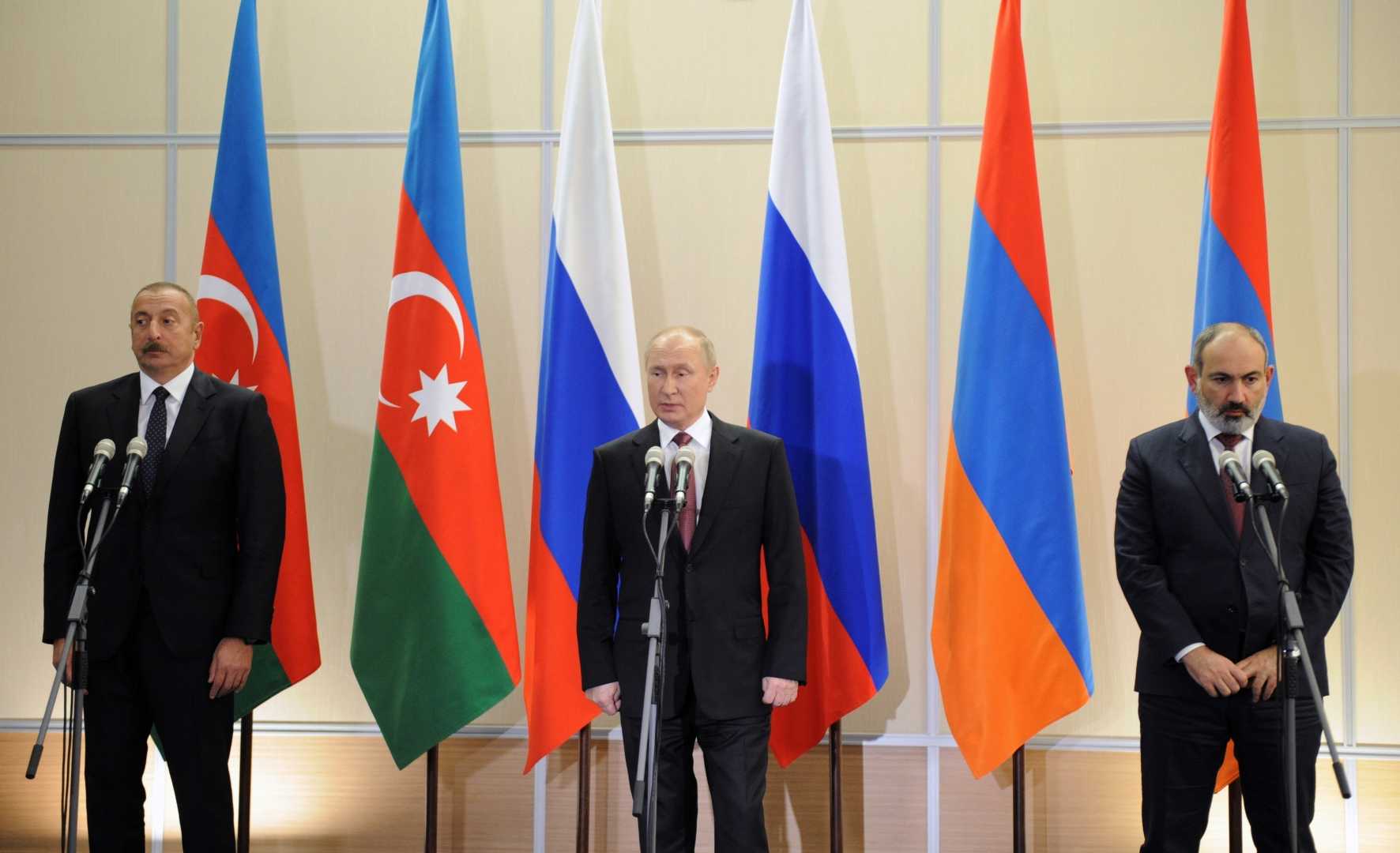World
Armenia and Azerbaijan Peace Talks Stall Amid Border Disputes and Security Pacts

Peace talks between Armenia and Azerbaijan have hit a significant roadblock due to inconsistent policies and border disputes. Armenian Prime Minister Nikol Pashinyan‘s recent statements have been criticized for their ambiguity, particularly regarding the delimitation of the border with Azerbaijan. Pashinyan mentioned the concept of “historic Armenia” and “real Armenia” during a parliamentary speech, which has sparked confusion and criticism from Azerbaijani experts.
The Armenian National Assembly recently ratified a border delimitation bill, a move seen as part of the ongoing efforts to establish a peace treaty with Azerbaijan. However, Armenia has expressed concerns over two clauses in the proposed peace treaty, further complicating the negotiations.
In a separate development, Armenia and Russia have signed an extended defense pact, which includes the extension of Russia’s military presence in Armenia until 2044. This pact also involves Russia providing modern weapons and equipment to Armenia’s military. The agreement is expected to enhance Armenia’s security but has raised concerns in Azerbaijan, which is involved in a long-standing conflict with Armenia over the Nagorno-Karabakh region.
The U.S. Senate Foreign Relations Committee Chair, Ben Cardin, has condemned Azerbaijan’s aggression against Armenia and the ethnic cleansing of Nagorno-Karabakh during a recent Helsinki Commission hearing. This international scrutiny highlights the complex and tense nature of the conflict between the two nations.
The extended defense pact with Russia is seen as a strategic move by Armenia to bolster its security, especially given the geopolitical tensions with both Azerbaijan and Turkey. However, analysts have noted that the treaty may not provide automatic military aid from Russia in the event of hostilities, leaving room for discretionary intervention).












